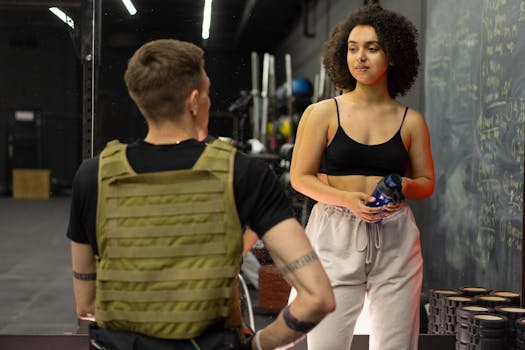To become a sport and exercise psychologist, you'll need to:
- study a psychology degree accredited by the British Psychological Society (BPS) or do a psychology conversion course
- gain Graduate Basis for Chartered Membership
- complete a BPS accredited master's degree in sport and exercise psychology
Psychology conversion course
You may be able to do an approved psychology conversion course if:
- your psychology degree is not accredited by the BPS
- you have a degree in a subject other than psychology
Postgraduate qualification
To apply for a postgraduate qualification in sport and exercise specialism, you’ll often need:
- a first or 2:1 (upper second class) degree
- excellent research skills
- relevant work experience
You might want to check the postgraduate entry requirements with the admissions department where you want to study.
You can find out more about all of the different specialisms and postgraduate training from The British Psychological Society (BPS).
Entry requirements
You'll usually need:
- 3 A levels or equivalent
- a degree in any subject for a postgraduate course




